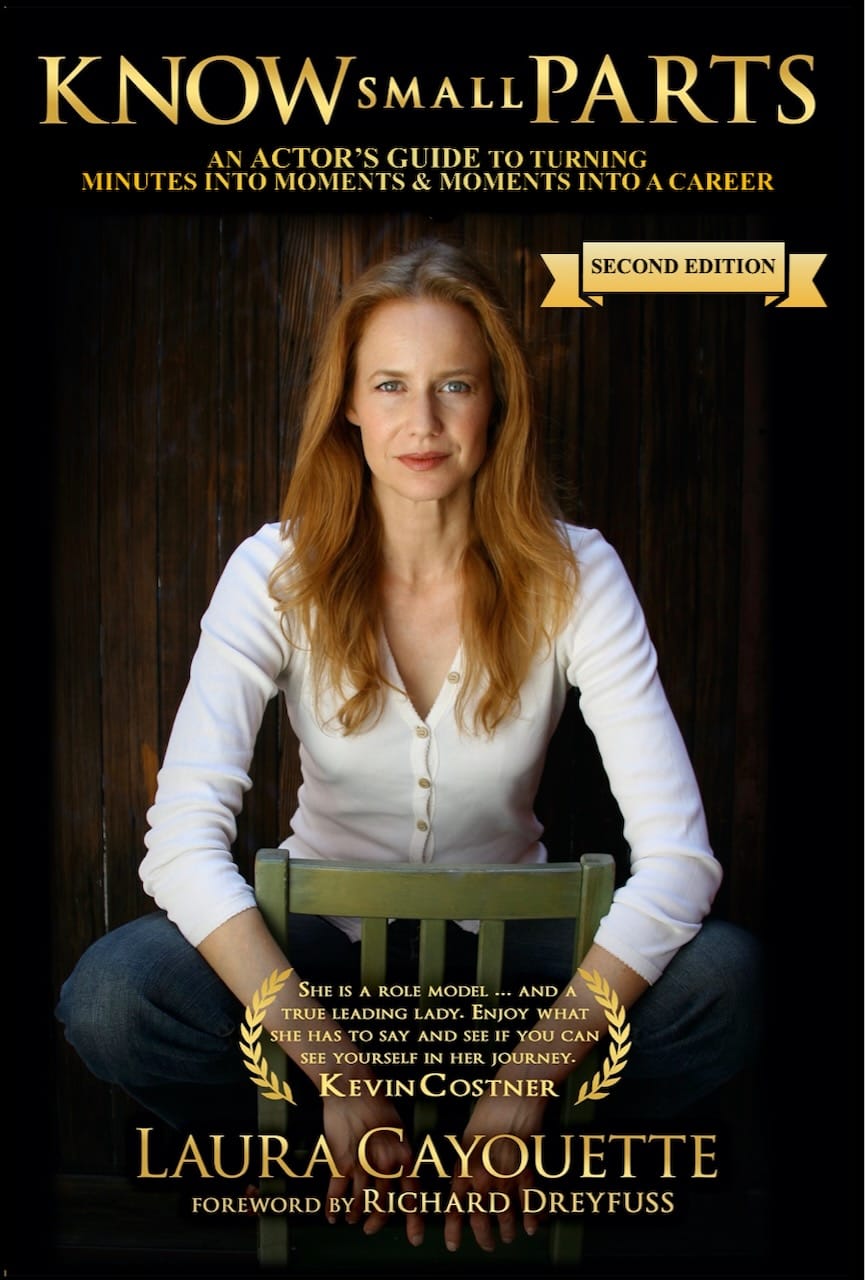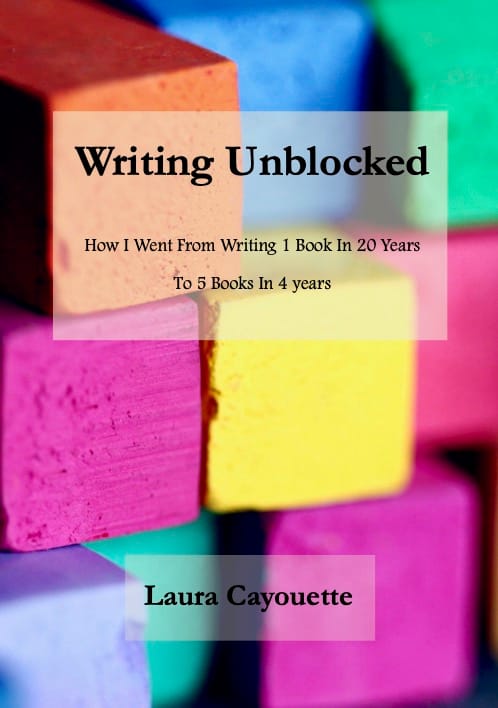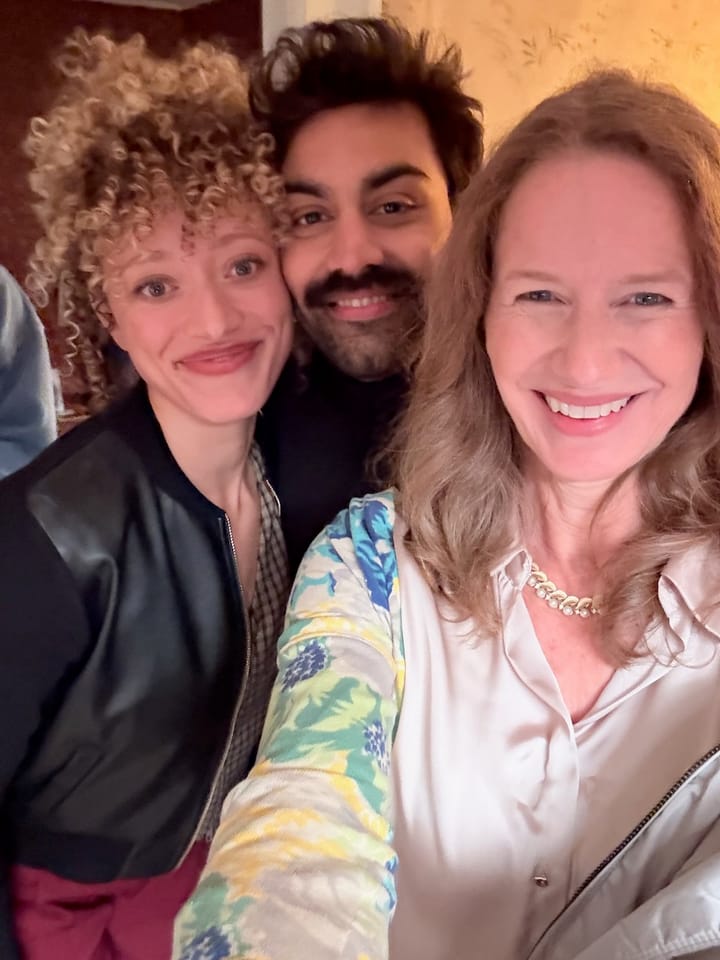How to memorize lines
Repetition is important, but the key to memorization is understanding. If I understand the scene and my character, I may not remember my next line, but I'll know what I meant to say – like in real life.

One of the questions I'm most frequently asked about being an actor is how do you memorize all those lines? I’ll be honest with you when I entered the industry, I never asked myself how I would memorize all the lines I would ever have to say. I was too busy trying to figure out how to become a better actor than other people in my age range so that I would be competitive. I was busy trying to learn the history of the industry I was entering and how everything worked. I was busy figuring out where to train, where and how to start my career, whether to focus on theater, film or television. I was busy trying to find an agent, join the union, get healthcare. But over the last 30+ years that I’ve been a working actor, how to memorize lines is consistently one of the questions I’m most frequently asked.
Repeat, repeat, repeat
Many actors have memorization tricks using repetition. There’s evidence that says that anything you read just before going to bed and just after waking up will stick in your memory better so just reading your lines right before going to bed and as you wake up can already improve your chances of remembering the words.
People learn in different ways so some people do better with hearing the lines repeated, some people do better writing out the lines out (sometimes several times), and others do better simply saying the words over and over and over. Whatever method of repetition you use – there is science to back up that repetition drills things into our memory.
Subscribe to the Know Small Parts Newsletter and get Chapter 2 – Breaking Down the Scene of my book as my gift to you!
Memorizing is not acting
If acting was just about saying the right words in the right order, then theoretically we could just record people reading from the script with intonation. Or maybe we could cut to the chase and just show the script on the screen. But acting is about bringing characters to life, giving them personality, heart, depth, humanity, and purpose. Acting turns words into something heartbreaking, terrifying, inspiring, or hilarious – and sometimes acting makes words unforgettable. How do we know? Because when we repeat lines from movies, we often repeat them with the same intonation, accent, and cadence the actor chose. Acting is about choices, not words.
Memorizing is not delivering
Marlon Brando is inarguably one of the greatest stage and film actors to ever live. He is credited with being the first actor to truly bring "the method" to film acting. The moment where Brando picks up the lace glove and tries to shove it on his meaty hand in On The Waterfront goes down in history as the moment filmmaking became less about performance and more about capturing some version of a reality – being in the moment.
Marlon Brando is also famous for not memorizing lines. As he got older, Brando refused to memorize lines, opting instead for cue cards. He said that all that repetition and memorization wasn't "real" and that he preferred to find the lines in the moment – more like we do in real life. Stories abound of him using cue cards on the set of The Godfather. Robert Duvall famously wore Brando's lines on his body.
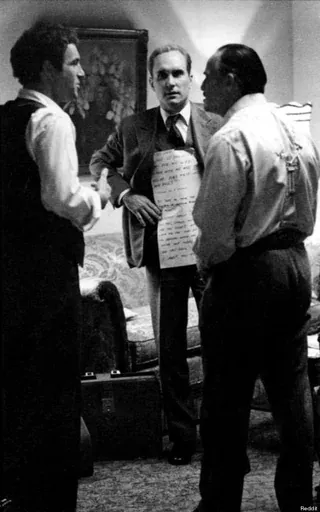
Perhaps Brando's brain was no longer equipped for memorization. Maybe he just didn't want to do it anymore. Whatever the reason, it does help point out that riveting, unforgettable acting doesn’t come from memorizing lines. Great acting comes from delivering those lines as if they were your own in a way that draws an audience in, makes them feel seen, and takes them to a new understanding of themselves or others. Great acting makes the audience care about what you said.
Get a subscription to the Writing Unblocked Newsletter and get the Writing Unblocked ebook as my gift to you!
Memorizing can set you free
Marlon Brando is an exception that proves some rule, so let’s set him aside. Most of us feel liberated by knowing our lines. Memorization allows us to focus on other aspects of the scene and our characters. Being off-book reduces the possibility that you will forget a line while working (though it happens to everyone at some point). Memorization helps me feel more confident that I'll be able to deliver when someone yells, "Action!."
My "Secret Sauce"
I took Margie Haber's cold reading course and learned about "dipping" to handle cold reads and last minute auditions, but we don't get to hold our scripts on camera once we've got the job.
Often there’s not enough time to memorize lines through repetition before you’re expected to deliver them. Though I am theater trained, much of my practical experience comes from 30+ years of film and television work. TV in particular moves very quickly. When we used to have a proper pilot season, you might have to perform five or six characters in one day. It would take a lot more than repetition to get all those lines into my head.
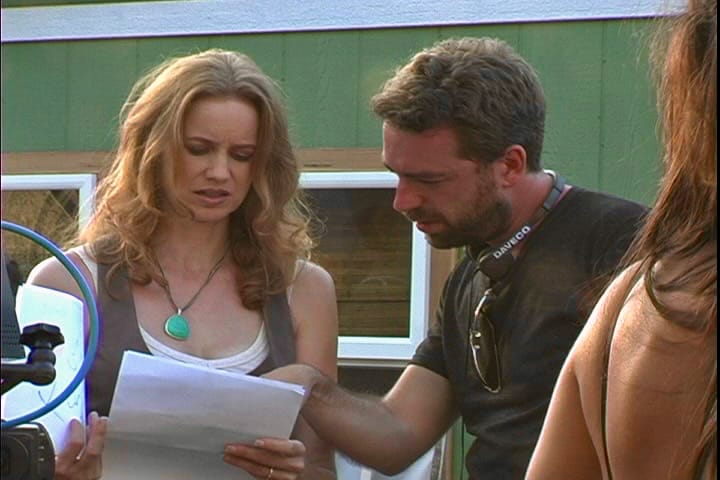
For me, repetition is important, but the key to memorization is understanding. If I understand the scene and my character, I may not remember my next line, but I'll know what I meant to say – like in real life. I'll be able to keep the scene going and cameras rolling, even if only to get reaction shots and move on to someone else's line.
Break down the scene
Before I attempt to memorize, I begin breaking down the scene asking 3 Power Questions:
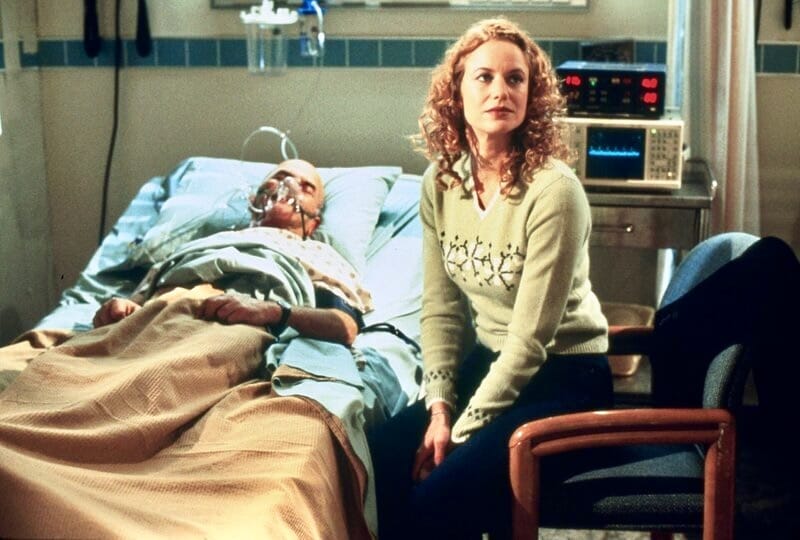
Working on the scene in this way not only helps you understand what's going, it gives you an opportunity to read your lines several times. Memorizing may not be the point of breaking down a scene, but repetition creates memorization.
I've had many last minute auditions and jobs that required pages and pages of memorization. I once shot 19 scenes of a movie in one day – while also working on a different movie. But my favorite last-minute story is when I went in for the hit TV show, JAG.
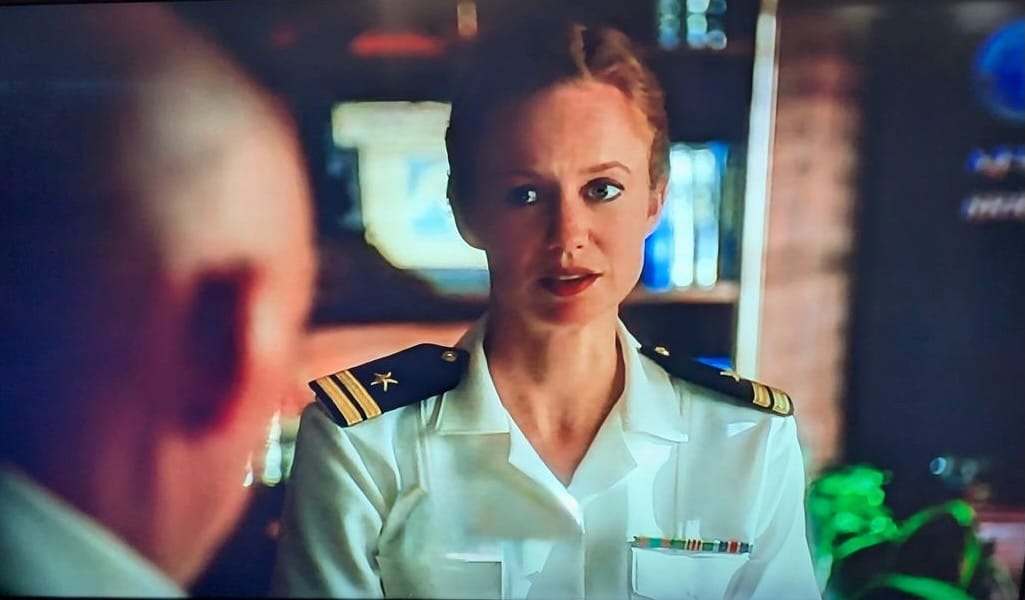
I decided to record the story and let you in on the chaos and good choices that went into me getting the 4-page-2-giant-monologues part of Lt. Irene Charlton. Here's how I handled a truly last-minute audition, landed the part, and delivered like a pro – all within less than a day!
